What does PassShow look like?
How annoying PassShow is?
I keep getting these annoying links that are double-underlined in my browser web-sites. I have disabled the Pass Show add-on. I have uninstalled the Pass Show program using the XP Control Panel and reset Firefox from the Troubleshooting menu but the pass show double-underlined links keep showing up.PassShow is identified as adware for it adds browser extension or plugin to web browsers like Google Chrome, Internet Explorer, Mozilla Firefox. etc. and promotes tons of advertisements, creates traffic for dubious websites and causes redirecting and installing without computer users' consent.
It is highly recommended that you avoid ads from PassShow and remove PassShow from your PC as soon as possible as the ads from PassShow always are full of sponsored links which may redirect you to harmful web pages once you have clicked them. What' worse, the possibilities of being infected with computer virus will be increased as those website always contain Trojan horse, Spyware, malware and many other kinds of computer infections.
Asides from producing annoying ads when computer users are surfing the internet, PassShow adware declines the PC performance day after day. Computer users may suffer the poor running speed, windows freeze, unstable internet connection and many other PC issues. Follow the manual removal guide and video as below to release from the interruption of PassShow adware now. If you still have any questions or encounter any difficulties during the manual removal process, Tee Support agents are 24/7 online available for you to solve all the problems.
PassShow manual removal guide:
Step one: Disable any suspicious startup items that are made by infections.
Press Ctrl+Alt+Delete or Ctrl+Shift+Esc >> Click Task Manager >> More details >> Startup tab >> click on the items that added by the virus >> Click Disable

Step two: Show hidden files and folders in win 8.
1.Start screen >> Control Panel >> Appearance and Personalization >> Folder Options

2. The Folder Options box pops up >> Check Show hidden files, folders, or drives >> Apply

Step three: End all the harmful Processes in win 8:
Press Ctrl+Alt+Delete or Ctrl+Shift+Esc >> Click Task Manager >> Right click all the harmful Processes >> End task

Note: If you want to check the background processes, please click More details. Click the processes you want to end, and click End Task.
Step four: Search the infected PC to find out all the malicious files as below and then delete all of them:
1.Press Win+R to activate the Run window >> Type “regedit” or “regedit.exe” to the search bar >> Click “Ok” if you are asked if you want to open Registry Editor

2.Find out all the harmful keys, right click them and Delete.
Press Ctrl+Alt+Delete or Ctrl+Shift+Esc >> Click Task Manager >> More details >> Startup tab >> click on the items that added by the virus >> Click Disable

Step two: Show hidden files and folders in win 8.
1.Start screen >> Control Panel >> Appearance and Personalization >> Folder Options

2. The Folder Options box pops up >> Check Show hidden files, folders, or drives >> Apply

Step three: End all the harmful Processes in win 8:
Press Ctrl+Alt+Delete or Ctrl+Shift+Esc >> Click Task Manager >> Right click all the harmful Processes >> End task

Note: If you want to check the background processes, please click More details. Click the processes you want to end, and click End Task.
Step four: Search the infected PC to find out all the malicious files as below and then delete all of them:
%AppData%\<random>.exe %CommonAppData%\<random>.exe C:\Windows\Temp\<random>.exe %temp%\<random>.exe C:\Program Files\<random>Step five: Remove vicious registry entries of the virus:
1.Press Win+R to activate the Run window >> Type “regedit” or “regedit.exe” to the search bar >> Click “Ok” if you are asked if you want to open Registry Editor

2.Find out all the harmful keys, right click them and Delete.

HKEY_CURRENT_USER\Software\Microsoft\Windows\CurrentVersion\Settings HKEY_LOCAL_MACHINE\SYSTEM\CurrentControlSet\Services\Wpm HKEY_CURRENT_USER\Software\Microsoft\Windows\CurrentVersion\Policies\Associations HKEY_LOCAL_MACHINE\SOFTWARE\Microsoft\Windows NT\CurrentVersion\Image File Execution Options\MpCmdRun.exe HKEY_LOCAL_MACHINE\SOFTWARE\Microsoft\Windows NT\CurrentVersion\Image File Execution Options\MpUXSrv.exe
Video on how to get rid of PassShow adware:
PassShow adware automatic removal guide:
Step 1. click here or the icon below to download automatic removal tool SpyHunter
Step 2. follow the instructions to install SpyHunter
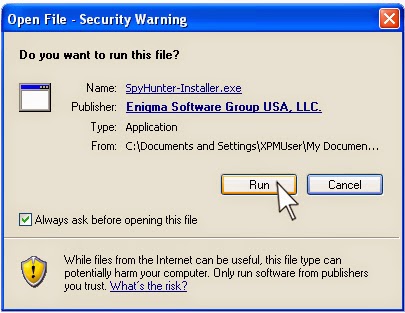
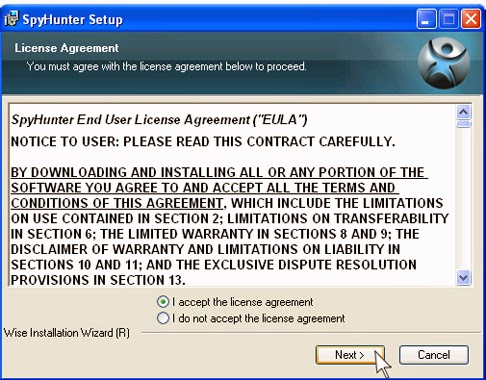
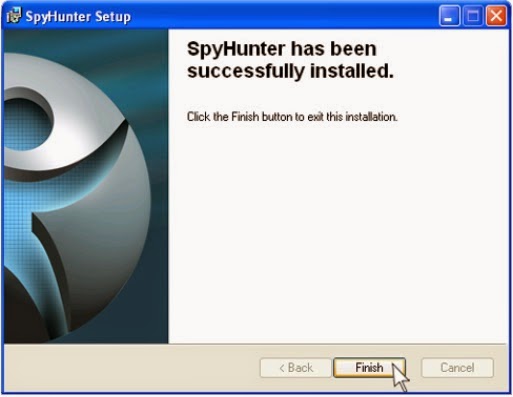
Step 3. run SpyHunter to detect and automatically uninstall this nasty adware
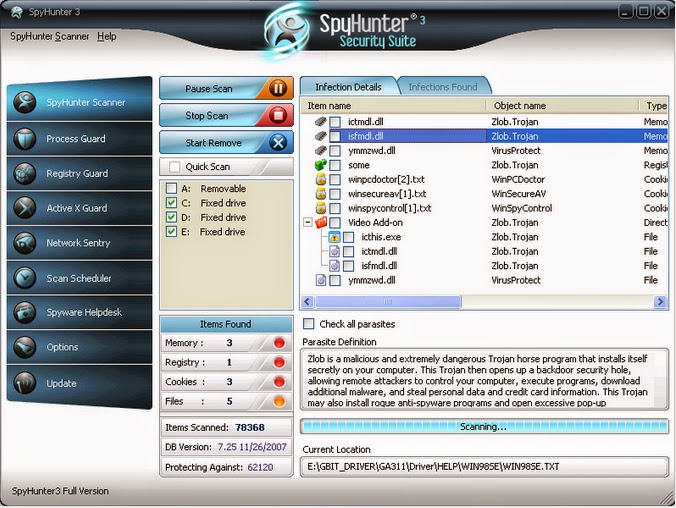
There may be some other issues such as windows registry errors in your system. To avoid potential risk and to ensure your computer security, you are suggested to use RegCure Pro to optimize your system after the adware removal.
Step 4. download RegCure Pro
Step 5. follow the instructions to install RegCure Pro
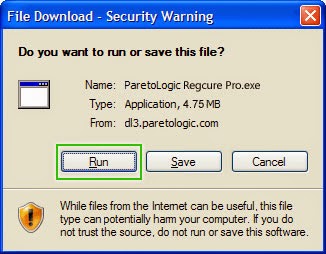
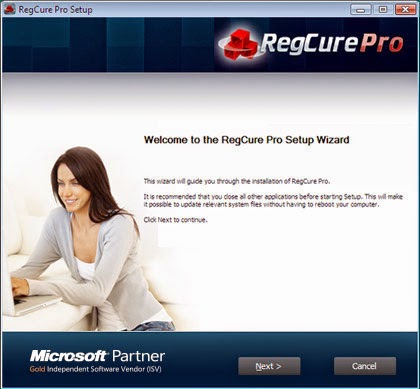
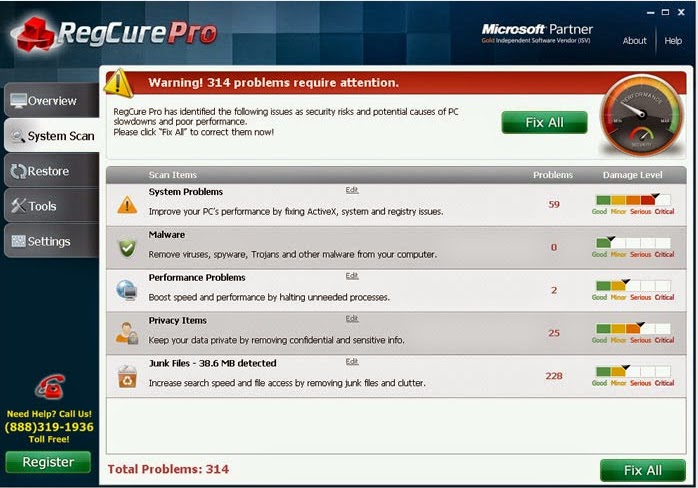
Note: If you haven’t sufficient expertise in manually dealing with program files, processes, .dll files and registry entries, it may lead to mistakes damaging your system permanently. If you are not very good at computer, you are recommended to download SpyHunter to uninstall PassShow automatically in a timely fashion.



No comments:
Post a Comment